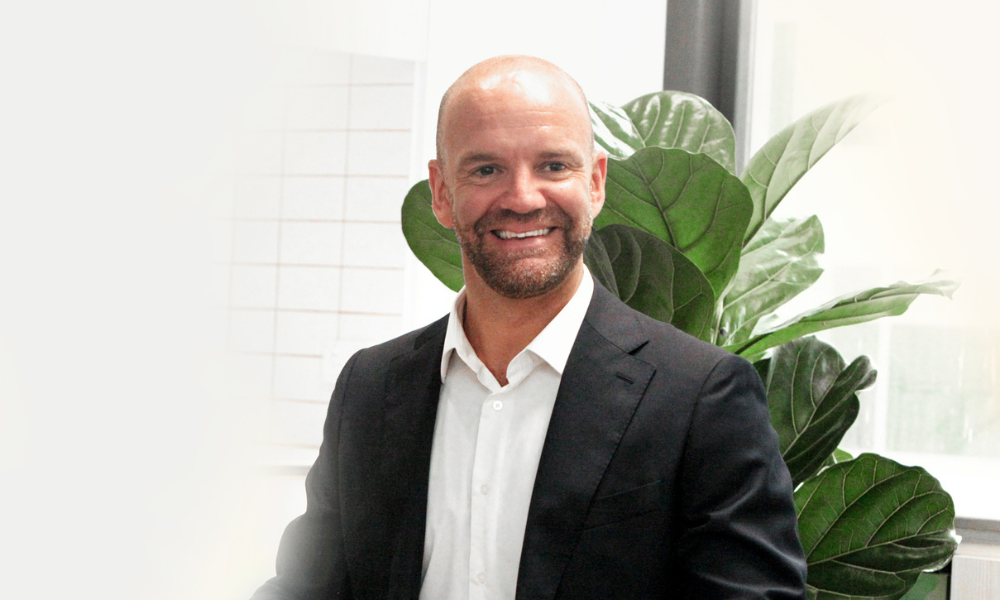
New report shows employees moving away from corporate grind

A leadership gap could be coming soon to workplaces in New Zealand as a new report finds that employees' priorities are "shifting" away from climbing the corporate ladder.
Randstad's Workmonitor report, which included 1,000 Kiwis, found that one-third of the respondents are not focused on career progression, and more than half are willing to stay in a role that they like, even if there's no room for progress or development.
Richard Kennedy, country director of Randstad New Zealand, said the findings indicate that employees' career ambitions and aspirations have been put in the backseat.
"People generally still have ambitions and they still have aspirations, but I think they're somewhat shifting," he told HRD. "They're shifting towards work-life balance, flexibility, health and well-being, learning and development, and broader ambitions rather than purely career ladders."
As employees move away from the corporate grind, Kennedy warned of a major consequence for workplaces.
"As workers redefine the meaning of ambition and retreat from the corporate grind, organisations will have their work cut out for them. Employers need to prepare for the talent and leadership gap that's coming their way," Kennedy said in a previous statement.
But the talent and leadership gaps won't be the worst things to come out of it.
"If there's a gap in both of those, the leadership gap and the skills gap, businesses ultimately and long term could experience decreased productivity and performance, and therefore loss of their competitive advantage and employee dissatisfaction and potentially turnover as well," Kennedy told HRD.
"If those aspirations are on the back seat, the likelihood is that, ultimately, employees could stagnate in their roles and that could potentially lead to higher turnover as they look for new opportunities at a similar level rather than being on that career path and on the career ladder."
The solution to these gaps is to adopt the new ‘ABC’ of talent management to remain ahead, according to Kennedy.
"That ABC of talent in essence is to understand workers' ambitions and in essence, meeting them where they want to be met from those ambitions," he said.
This solution means meeting employees in their desire for flexibility, work-life balance, learning and development, among others, and creating an environment where employers can maintain these connections.
"Once that's been met and that's been echoed in essence and advocated for, we believe that talent will reengage and employers and employees we will meet at a point whereby and reengaged talent will start to consider their career opportunities as well as the other aspirations around flexibility and around," Kennedy said.